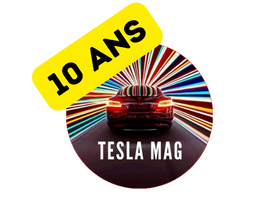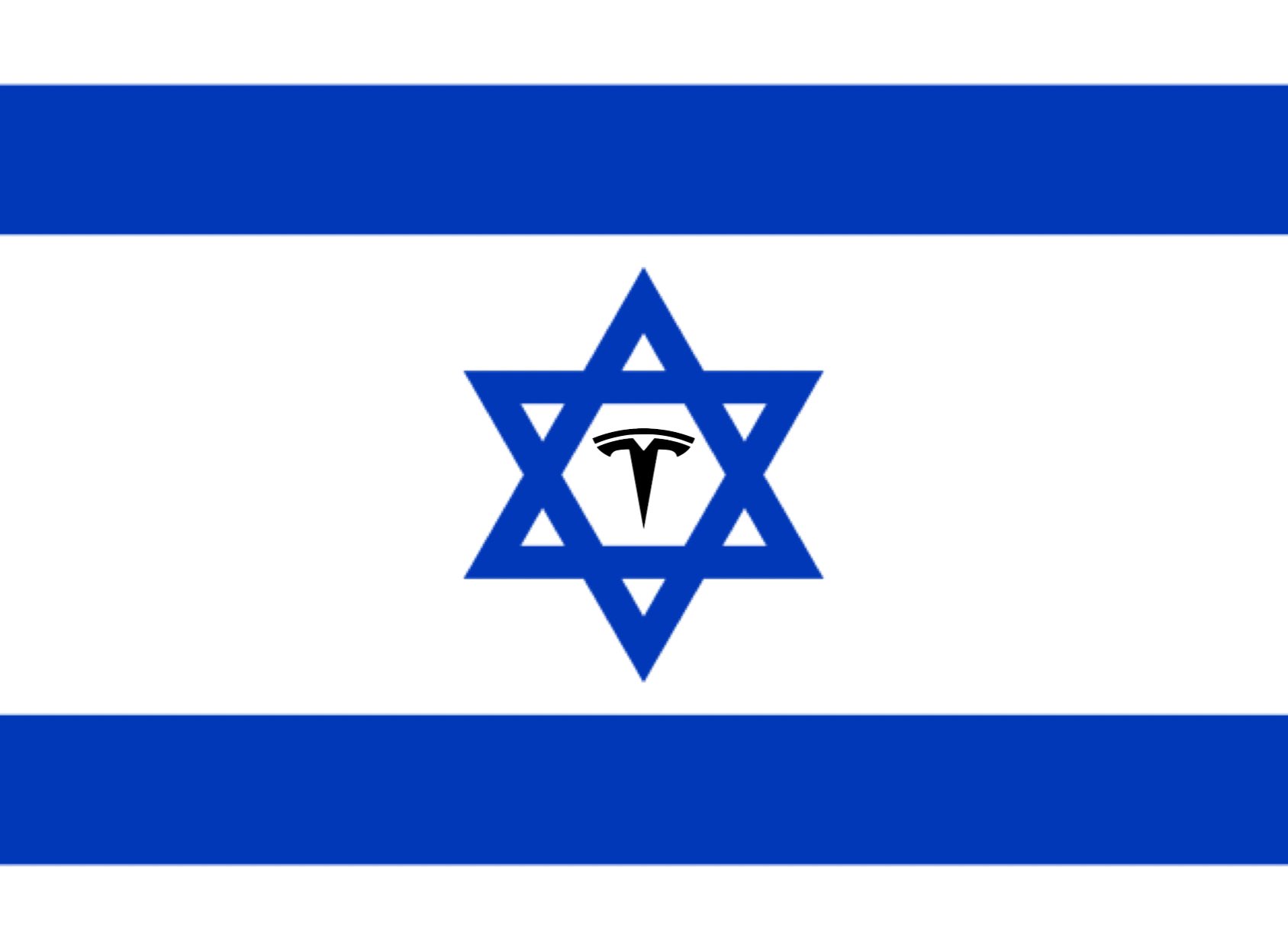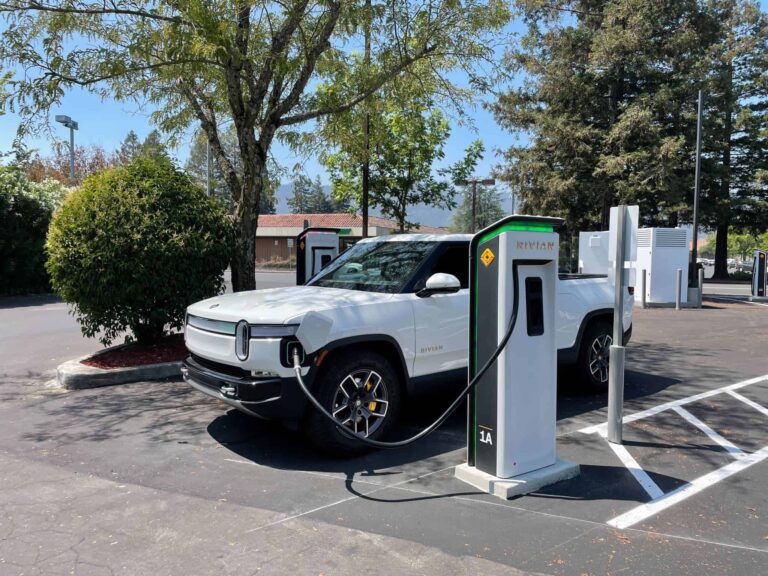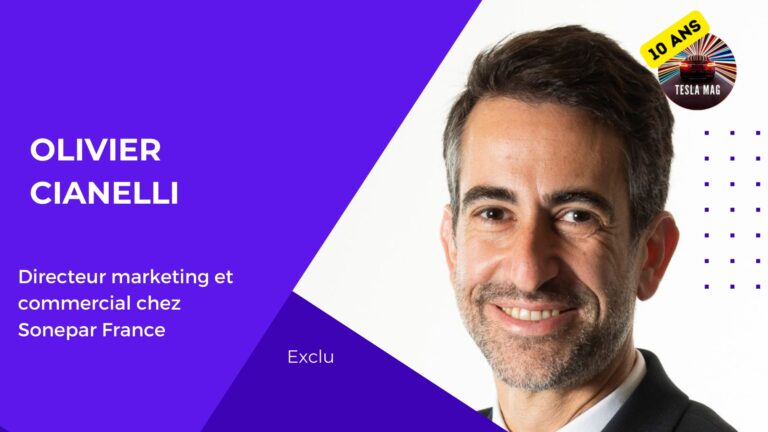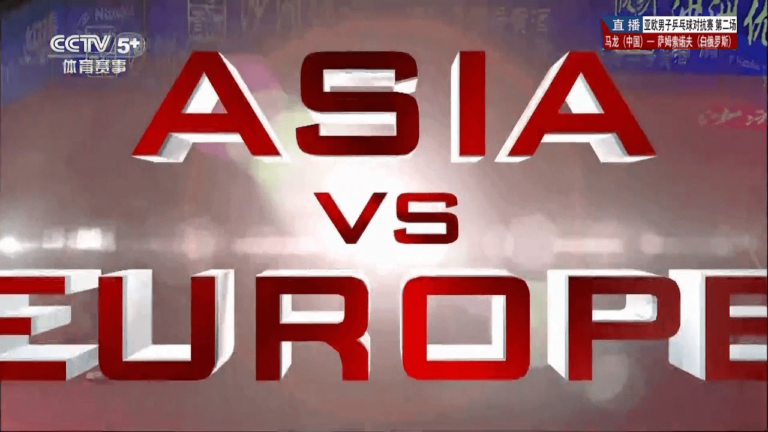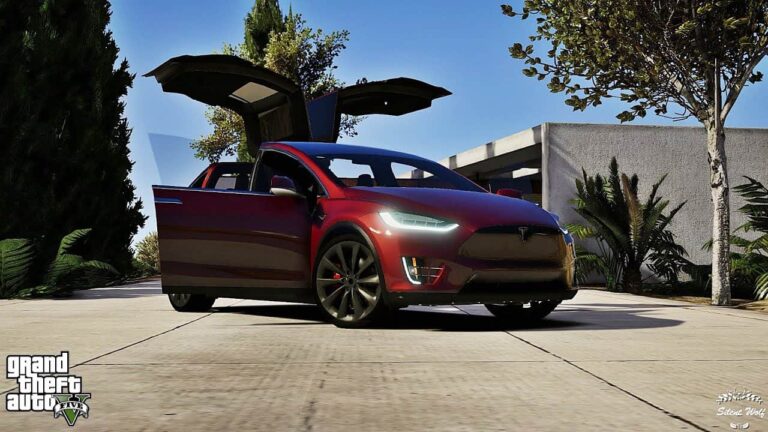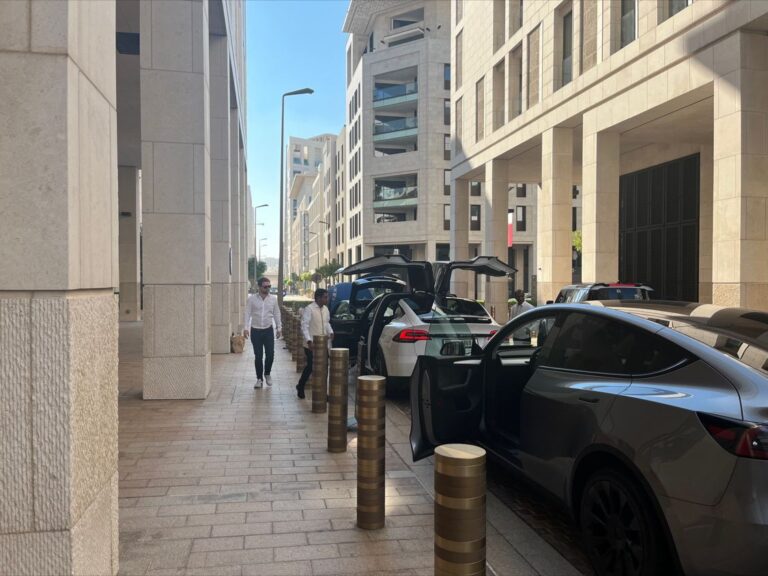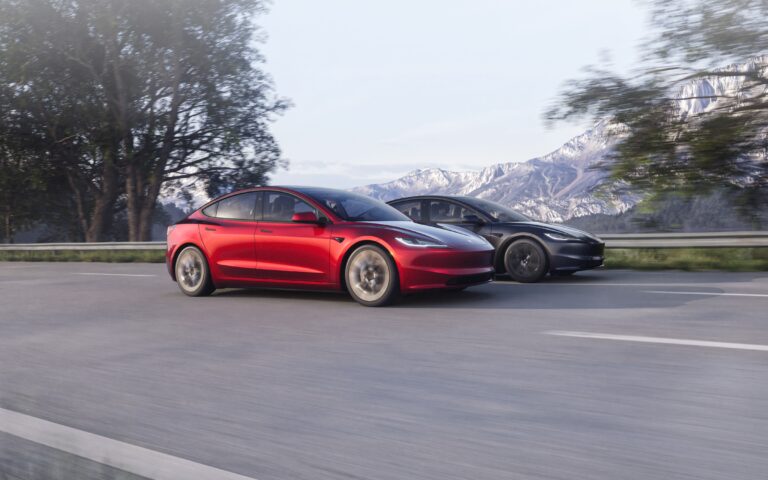Following the recent Hamas terrorist attacks in Israel, Elon Musk, the CEO of Tesla, has announced that all Tesla Superchargers in the country will be free of charge until further notice. This impactful decision comes against the backdrop of a highly charged scenario, marked by a crisis that’s unfolding both on the ground and online.
A Dense Supercharger Network
Tesla boasts at least 17 active Superchargers spread across Israel, from the north near the Lebanese border to major cities like Tel Aviv and Jerusalem, right down to the southernmost tip at Eilat on the Red Sea.
Additional Supercharger locations are slated to open between 2023 and 2024. Though Tesla has yet to comment officially on the status of these upcoming stations, Musk’s decision assures that the existing network will remain free.
Fast and Exclusive Stations
Tesla’s Superchargers, tailor-made for its electric vehicles, offer rapid charging capabilities of up to 250 kilowatts. This translates to about 200 miles of range in a mere 15 minutes. Notably, unlike Superchargers in Europe, most of those in Israel are currently not compatible with non-Tesla vehicles. However, several EV manufacturers plan to make their cars Supercharger-compatible by 2024.
The Social Dimension of the Decision
Tesla’s move to make Superchargers free in Israel isn’t an isolated gesture. The company previously extended free access to select Superchargers in Poland, Slovakia, and Hungary following Russia’s invasion of Ukraine, as a sign of solidarity with those affected by the war.
On X, users queried Musk about his plans for the residents of Gaza. Musk responded by expressing his desire to assist those in Gaza seeking peace, adding that he wishes happiness and prosperity for all, irrespective of race, creed, or religion.
Social Media Platforms: A Battleground
Musk’s Supercharger decision comes at a time when social media platforms, especially X, are under the microscope for content moderation related to the Israel-Palestine conflict. Numerous pieces of content, particularly images and videos, have been called out for their authenticity. The European Union, via digital commissioner Thierry Breton, even threatened X with sanctions for disseminating « illegal content ». Breton cited the platform’s use for spreading misinformation within the EU concerning the conflict.
Conclusion
Tesla’s decision to make its Superchargers free in Israel, although humanitarian, is set against a broader landscape of political, social, and technological tensions. It underscores the growing influence of tech companies on global events and the ensuing responsibility they bear.
Stay updated with the latest news surrounding Tesla and the world of electromobility by regularly following Tesla Mag. Share your insights with our community and together, let’s shape the future of sustainable mobility.
